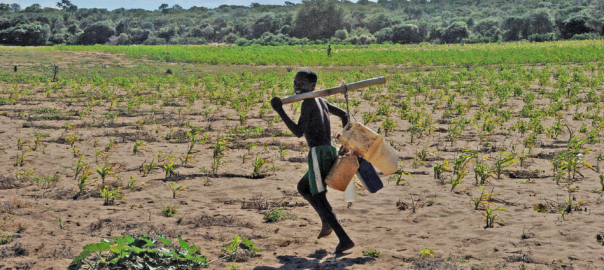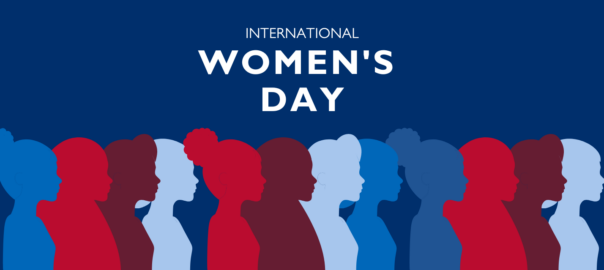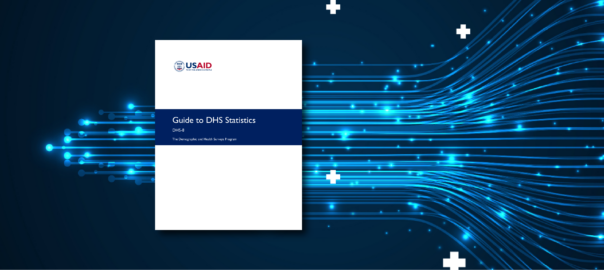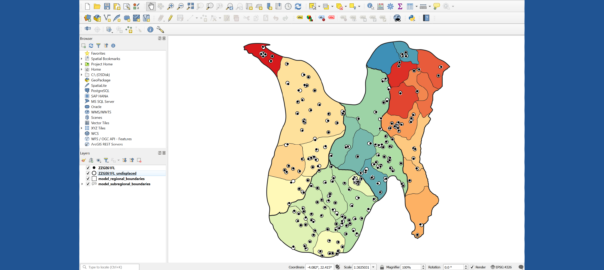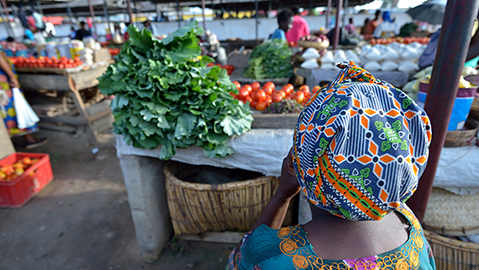New IPUMS DHS Climate Change and Health Research Hub a Resource for Robust Climate Change Analysis
April 22nd is Earth Day, an opportunity to reflect on how we affect the environment and how climate change affects us. Climate change has a broad spectrum of impacts on human well-being. Rapid onset events, such as floods, landslides, wildfires, and heat waves, can erode agricultural productivity, destroy shelter and infrastructure, and increase infectious diseases. […]

